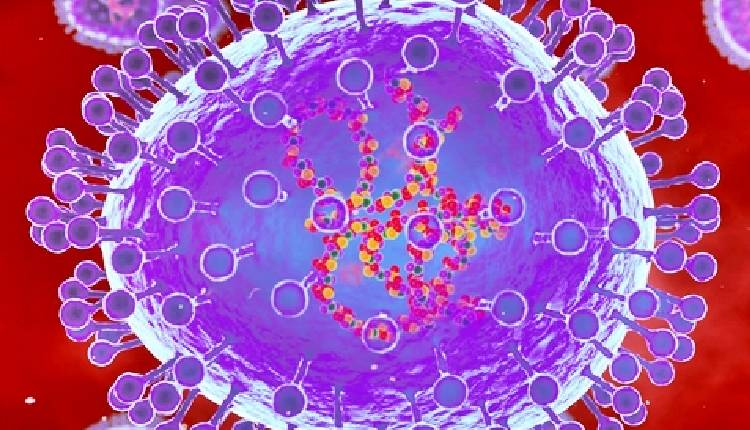
Bengaluru: The Karnataka government released an advisory on Sunday regarding the Human Metapneumovirus (HMPV) following reports of its spread in China. The Department of Health and Family Welfare Services confirmed that there have been no reported cases of HMPV in Karnataka so far.
The official statement reassured the public that there is no need for panic, as the Health Department is closely monitoring the situation in collaboration with the National Centre for Disease Control (NCDC) and the Ministry of Health and Family Welfare.
In response to recent media coverage about the virus, the Indian Ministry of Health clarified on January 4 that HMPV behaves similarly to other respiratory viruses, typically causing cold and flu-like symptoms, particularly among vulnerable populations such as children and the elderly during the winter months.
The Karnataka Health Department has reviewed data on respiratory infections, including common colds, influenza-like illnesses (ILI), and severe acute respiratory infections (SARI), noting no significant increase in cases in December 2024 compared to the previous year.
To help prevent the spread of infections, the department advises citizens to follow specific dos and don’ts. Recommended practices include covering the mouth and nose with a handkerchief or tissue when coughing or sneezing, frequently washing hands with soap or using alcohol-based sanitizer, avoiding crowded areas, and staying home if experiencing symptoms like fever or cough.
Additionally, ensuring good ventilation with outdoor air is encouraged to minimize transmission. People are also advised to stay home and limit contact with others if they are unwell and to maintain hydration and a nutritious diet.
On the other hand, the public is cautioned against certain practices: reusing tissue or handkerchiefs, close contact with sick individuals, sharing personal items like towels and linens, frequently touching the face, spitting in public, and self-medicating without consulting a doctor.
